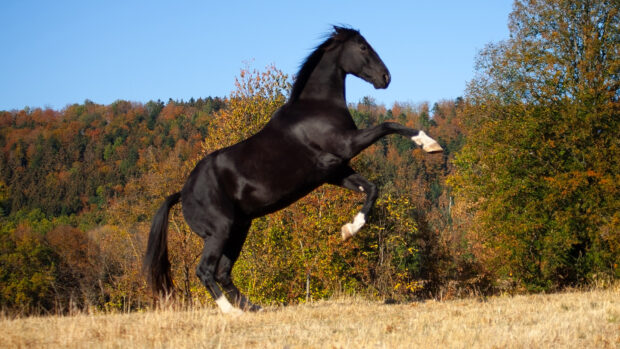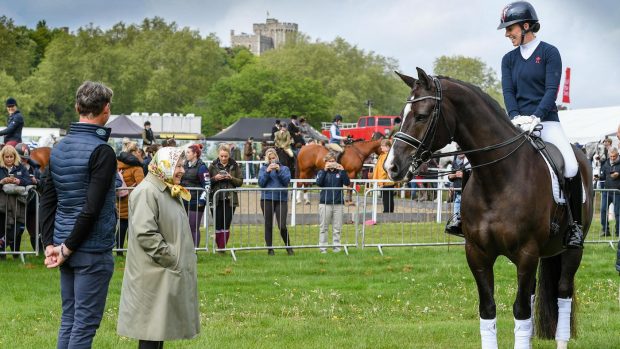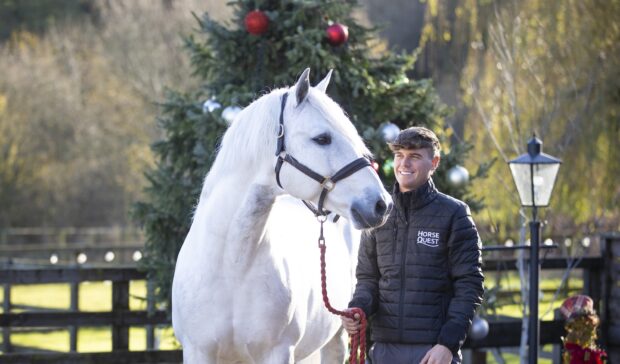Olympic event rider Tine Magnus has categorically denied ever doping after her Paris 2024 ride Dia Van Het Lichterveld Z tested positive for a banned substance at this summer’s Games.
The positive test means that the Belgian eventing team, which had finished fourth at the Paris Olympic Games, has been disqualified.
An FEI notice released publicly yesterday (4 September) stated that the horse, a 10-year-old mare owned by Kris van Vaerenbergh, tested positive for trazodone at the Olympics. Trazodone is listed as an anti-depressant on the FEI’s prohibited substances list.
A statement from the FEI said that the rider has been provisionally suspended from the date of notification (3 September) “until the FEI Tribunal renders its decision”. The horse has also been provisionally suspended for two months, from the date of the notification.
“An adverse analytical finding from one team member during the Olympic Games will lead to the disqualification of the whole team. Hence, team Belgium will be disqualified from the eventing team competition of the Paris Olympic Games,” said the FEI statement.
In a statement today (5 September), Tine said she is “a sportswoman who values honesty” and “will do everything” she can to prove her innocence.
“It was with the greatest surprise and sadness that I learned of a positive doping result from my horse Dia during the Olympic Games,” she said.
“Together with the KBRSF [Royal Belgian Equestrian Federation] and my team, we will look for the cause of this result, which is also very surprising to me.
“I assure you that I or anyone from my team have never used any form of doping.”
She added that she “hopes for your support and trust”.
Belgian team coach Kai-Steffen Meier said: “For us as a team, it’s obviously devastating news, and for the whole team that was involved in this journey to Paris, and the result in Paris.
“We were very sure that we were very careful, and that with all food and supplements, we had everything tested before. So at the moment we simply cannot explain where contamination could have happened. So that’s our thing now, to solve that mystery, for us to say, ‘Okay, what happened? How did this horse test positive, and why?’ And to try to work together with the FEI and with the vets to find the reason for that.”
He added: “I cannot really say what [could have happened], and if it could be somewhere in the production process of any supplements, or it comes out of the same factory, or whatever.
“So it’s a little bit like at the moment like finding the needle in the haystack to say, ‘Okay, what happened? Why is it like it is now?’ We will try to work that out. And the vet team is reading into the situation to find the explanation for that.”
You might also be interested in:

Subscribe to Horse & Hound magazine today – and enjoy unlimited website access all year round




